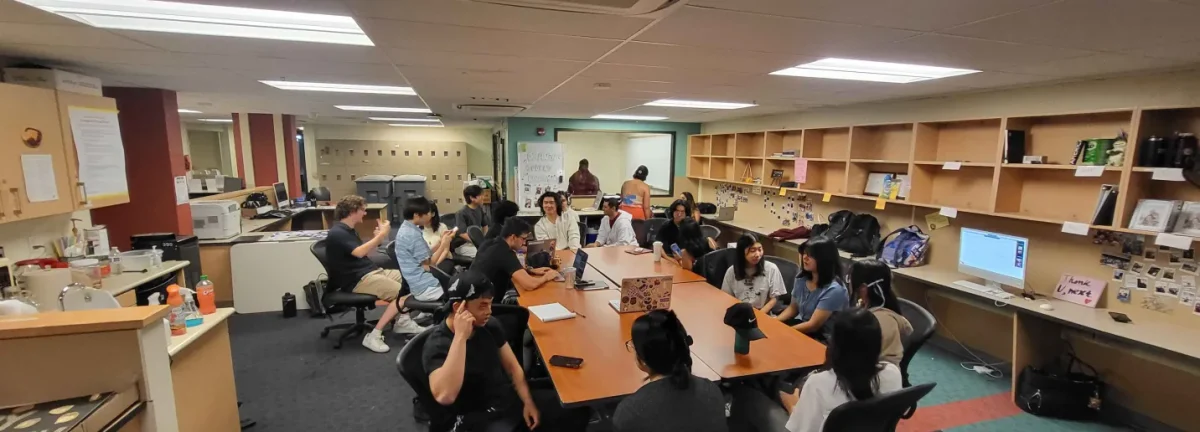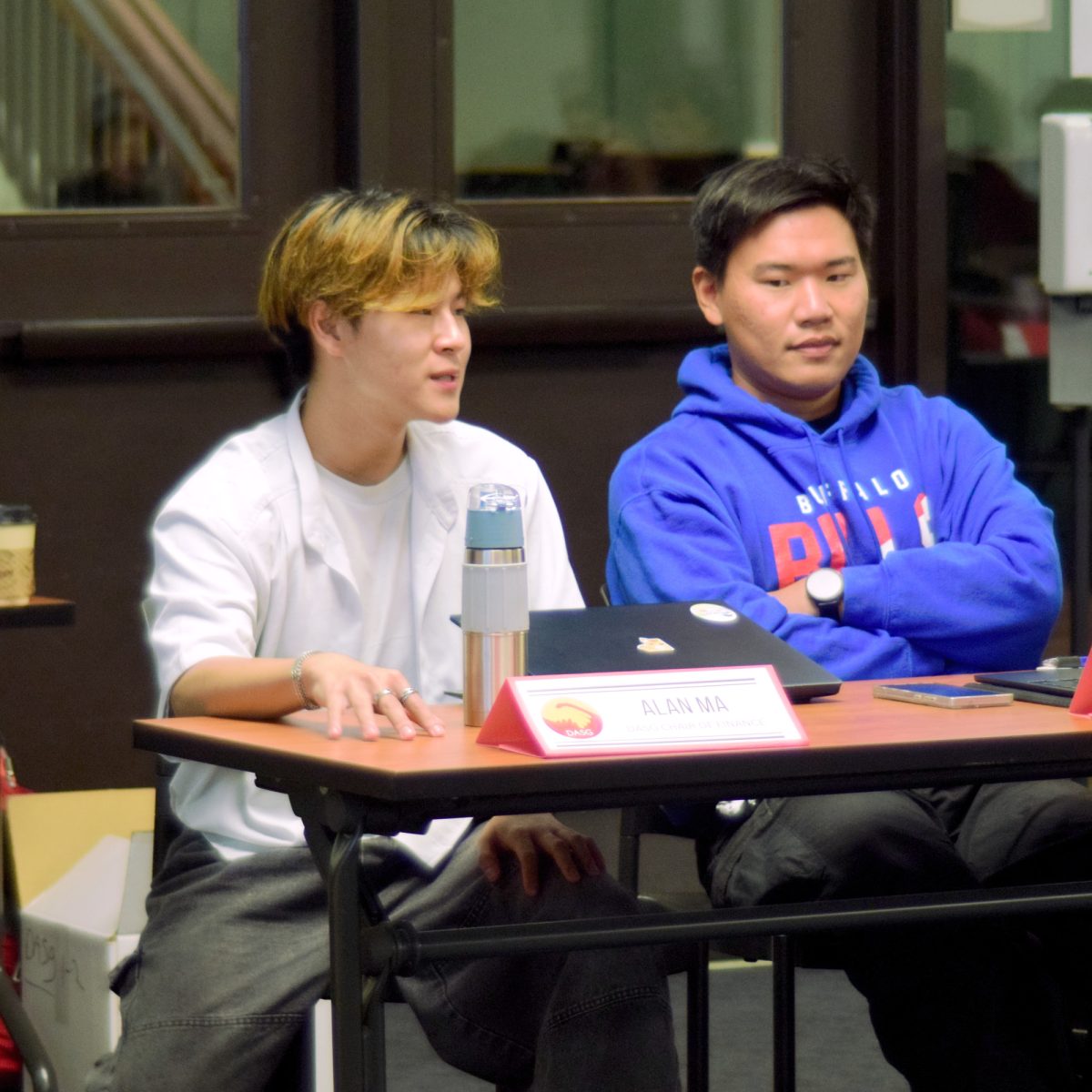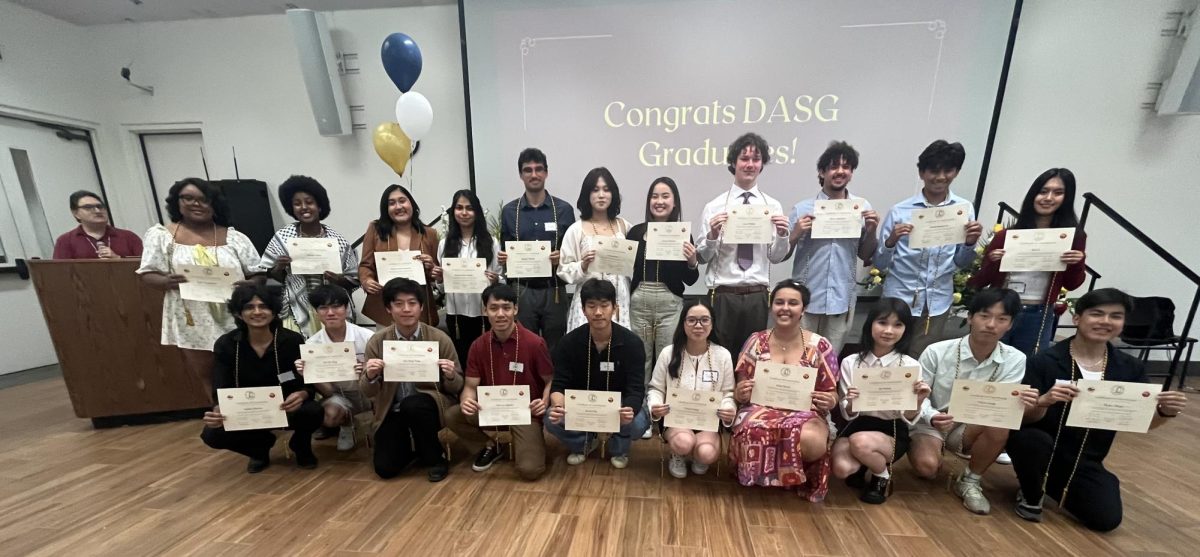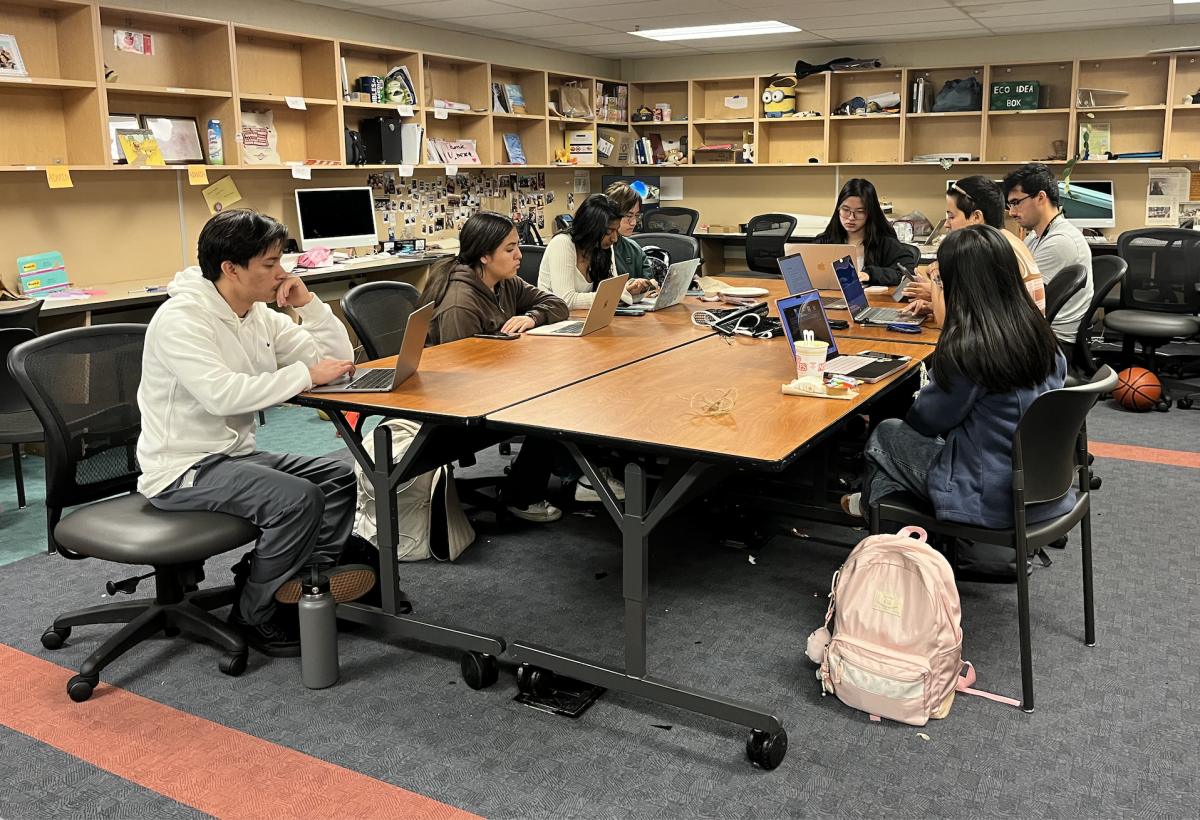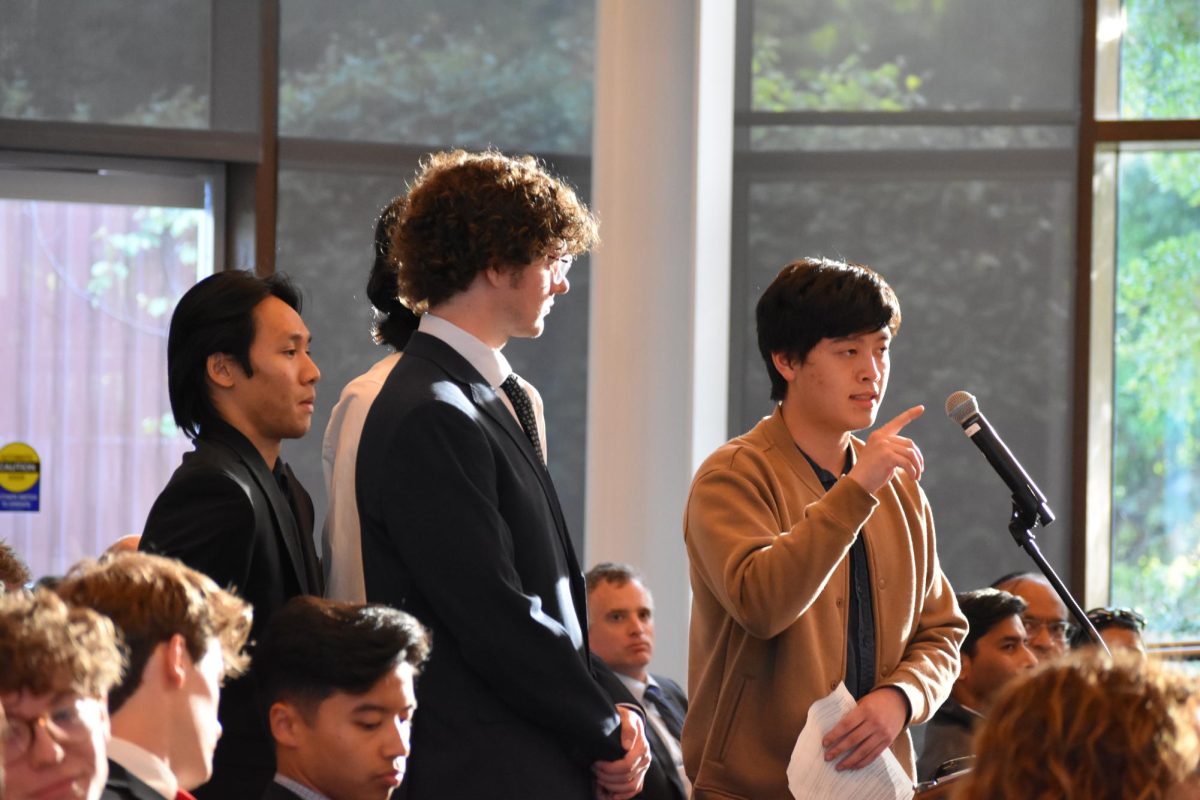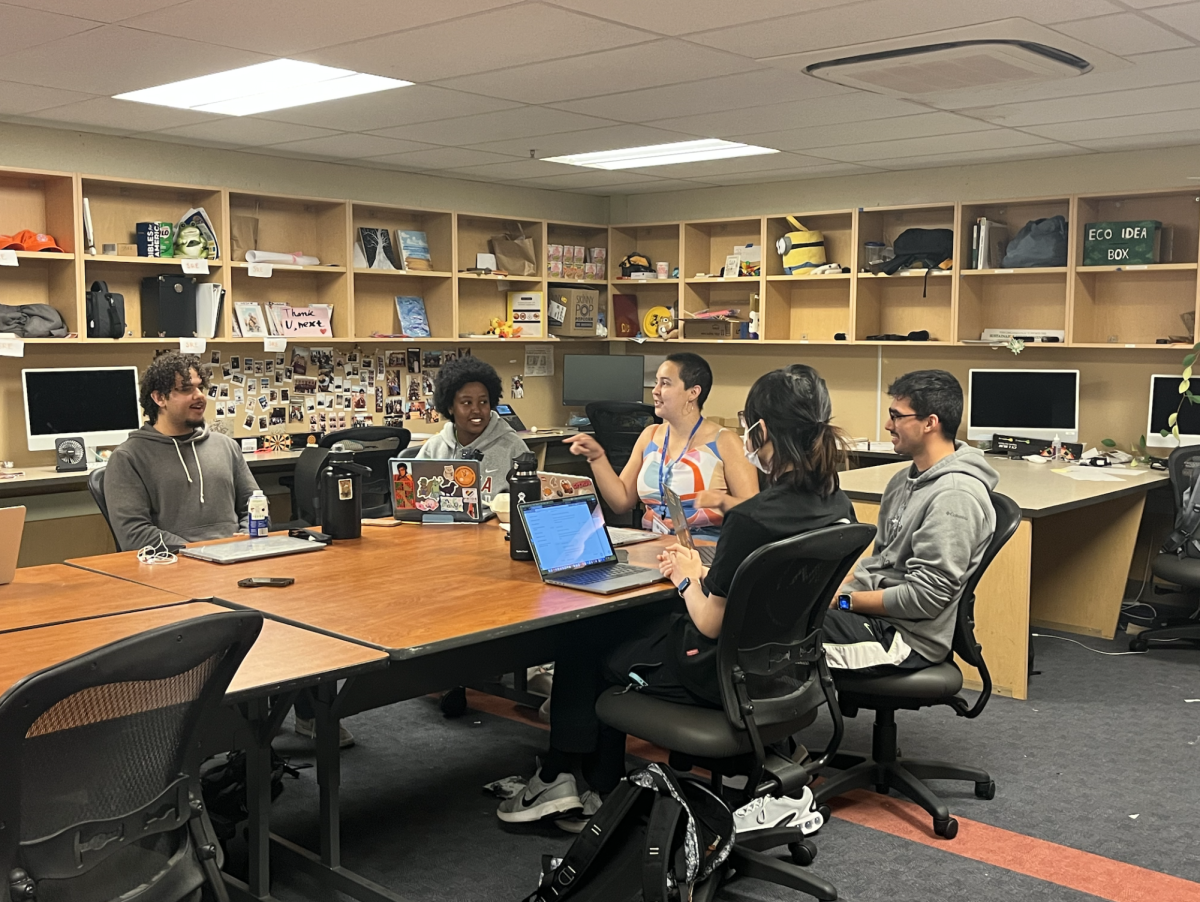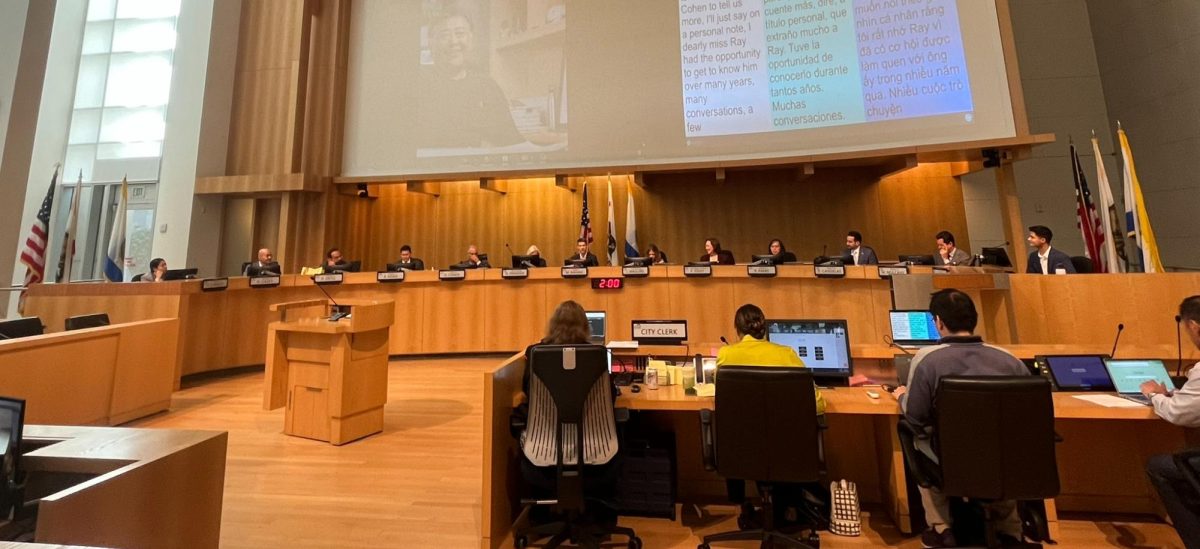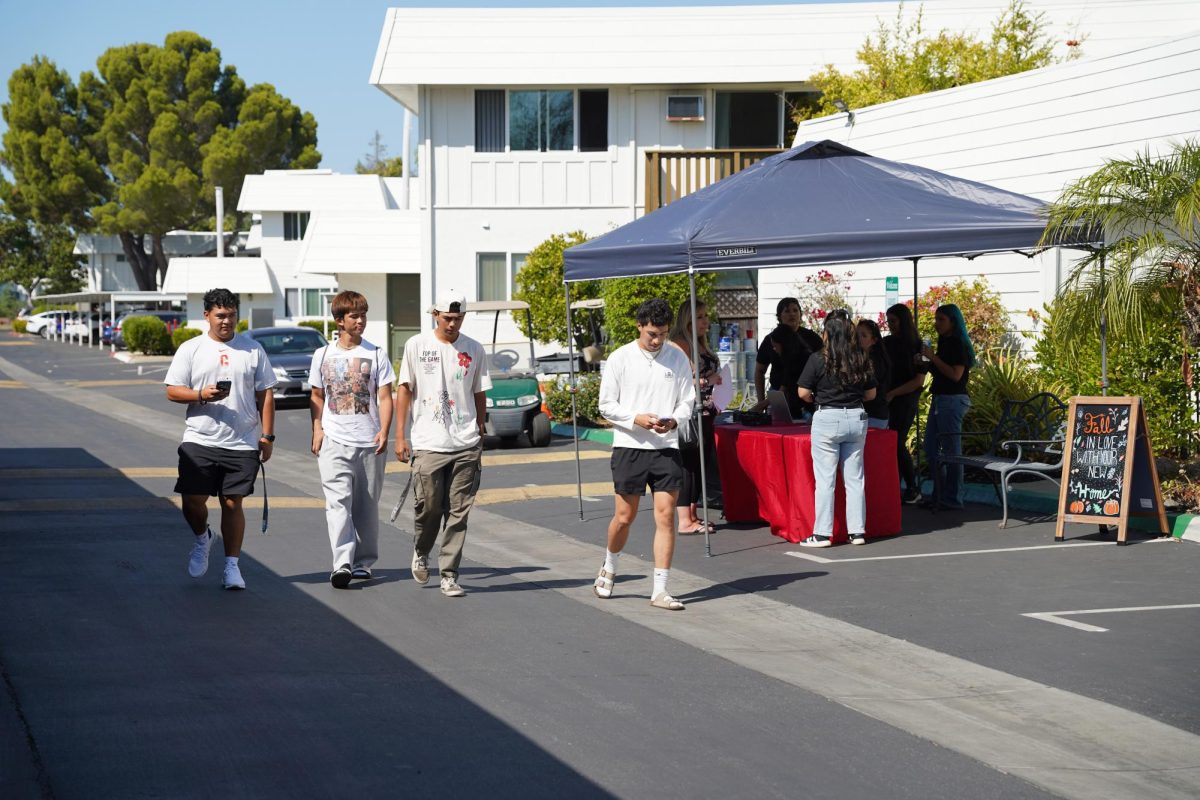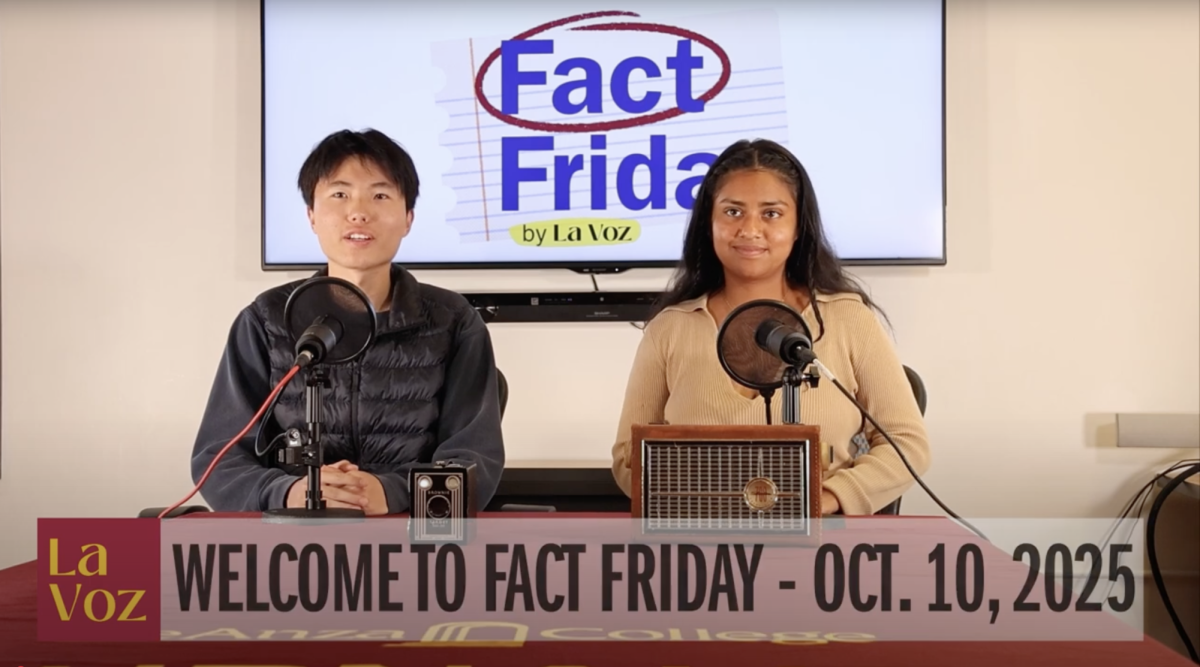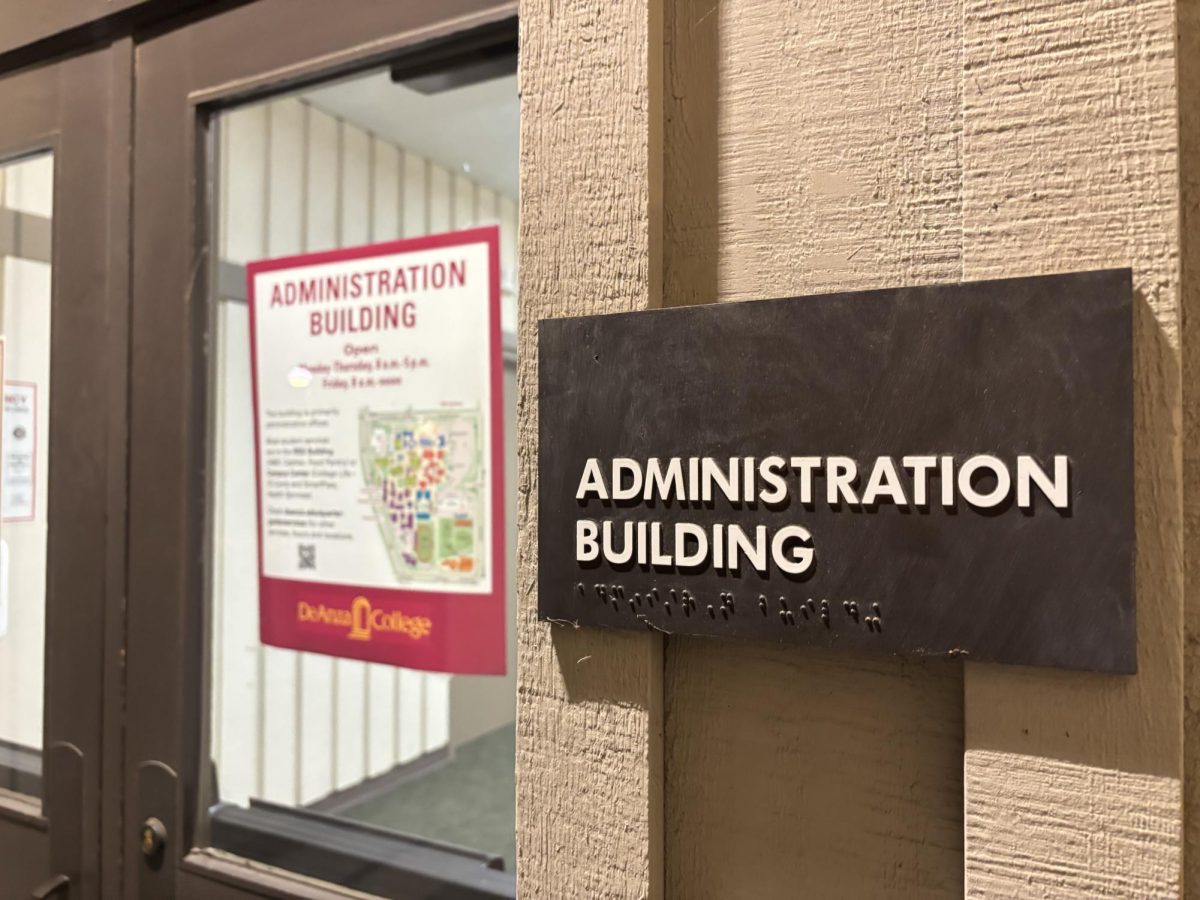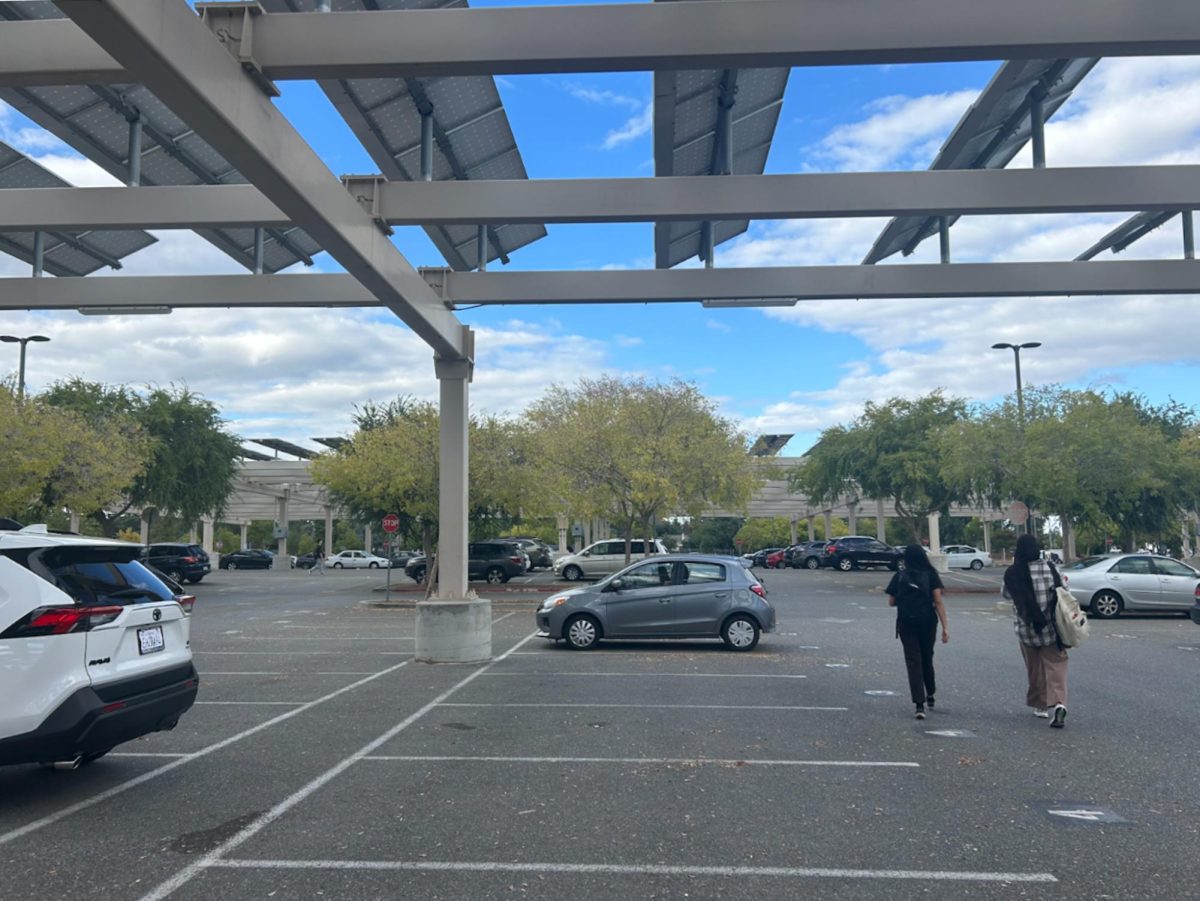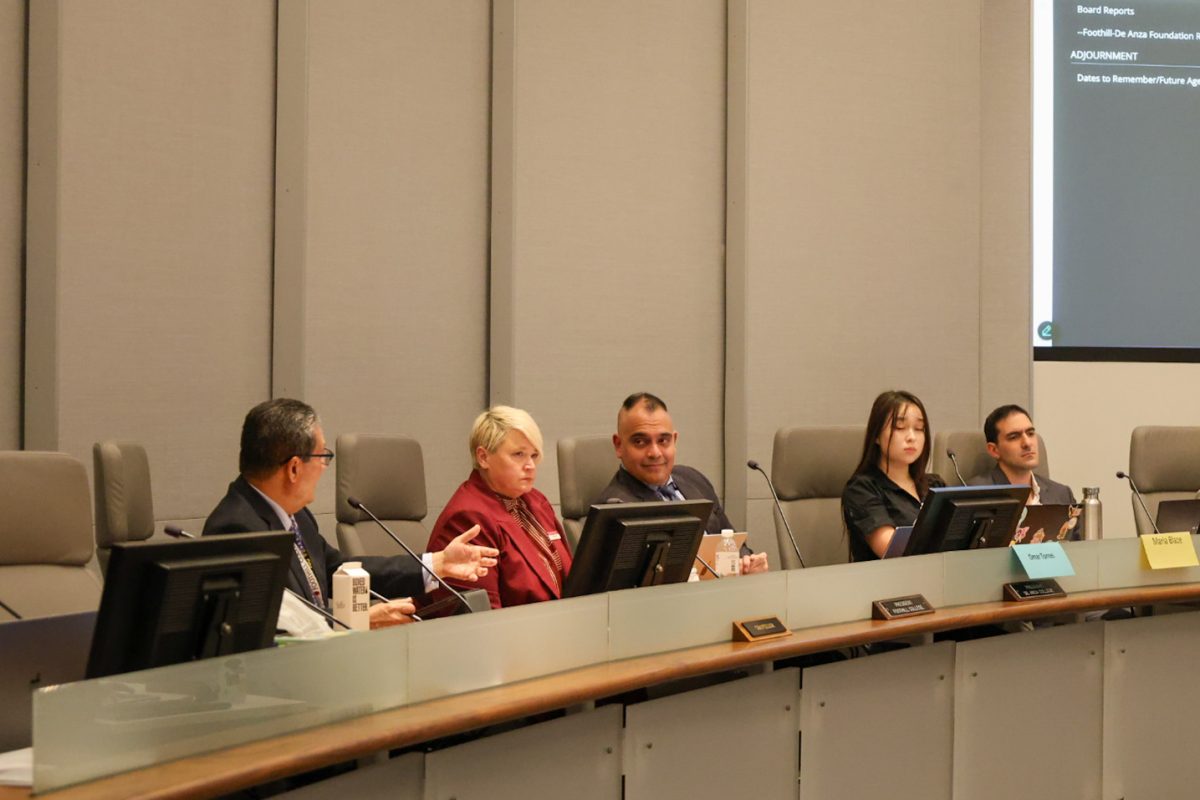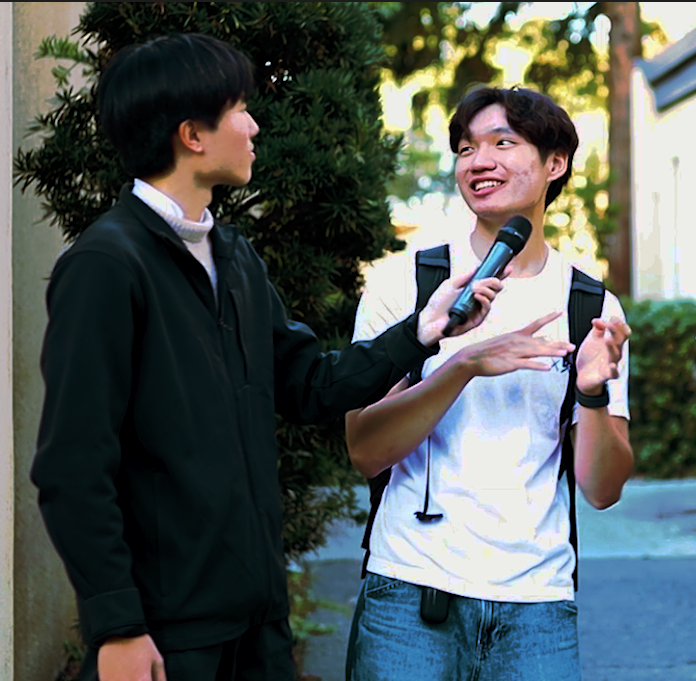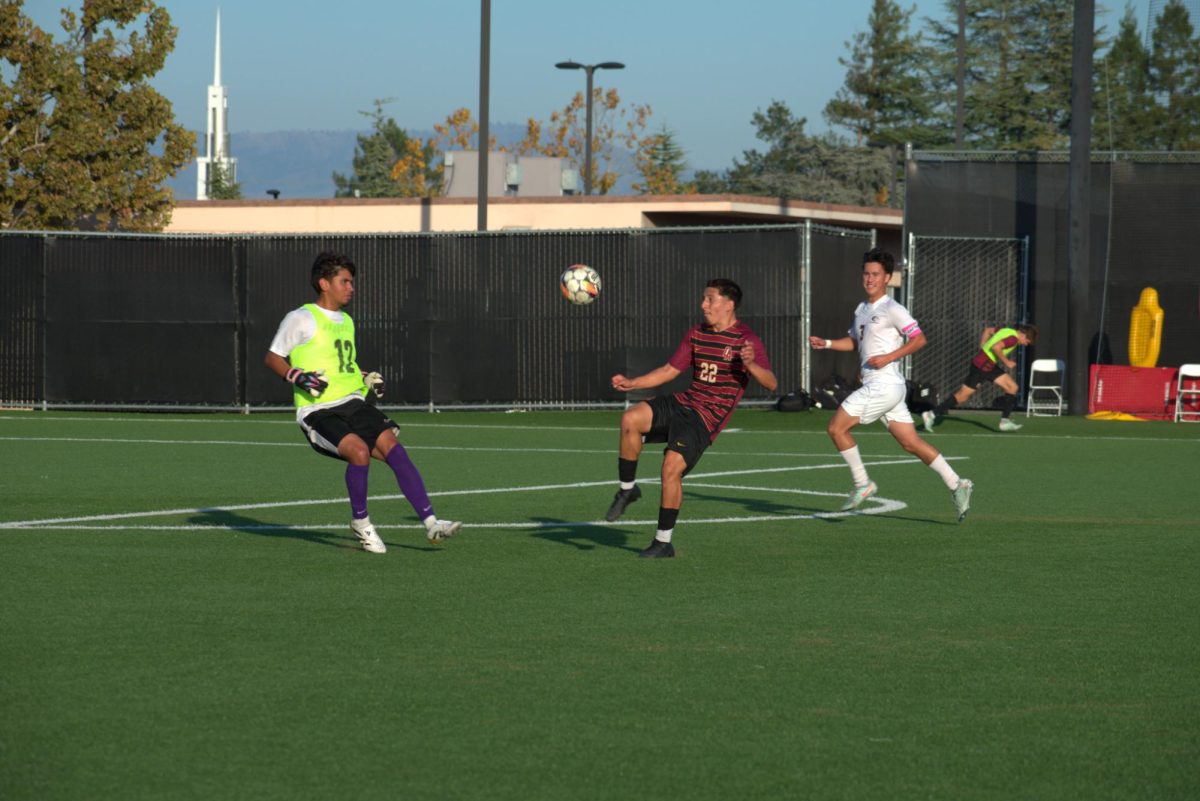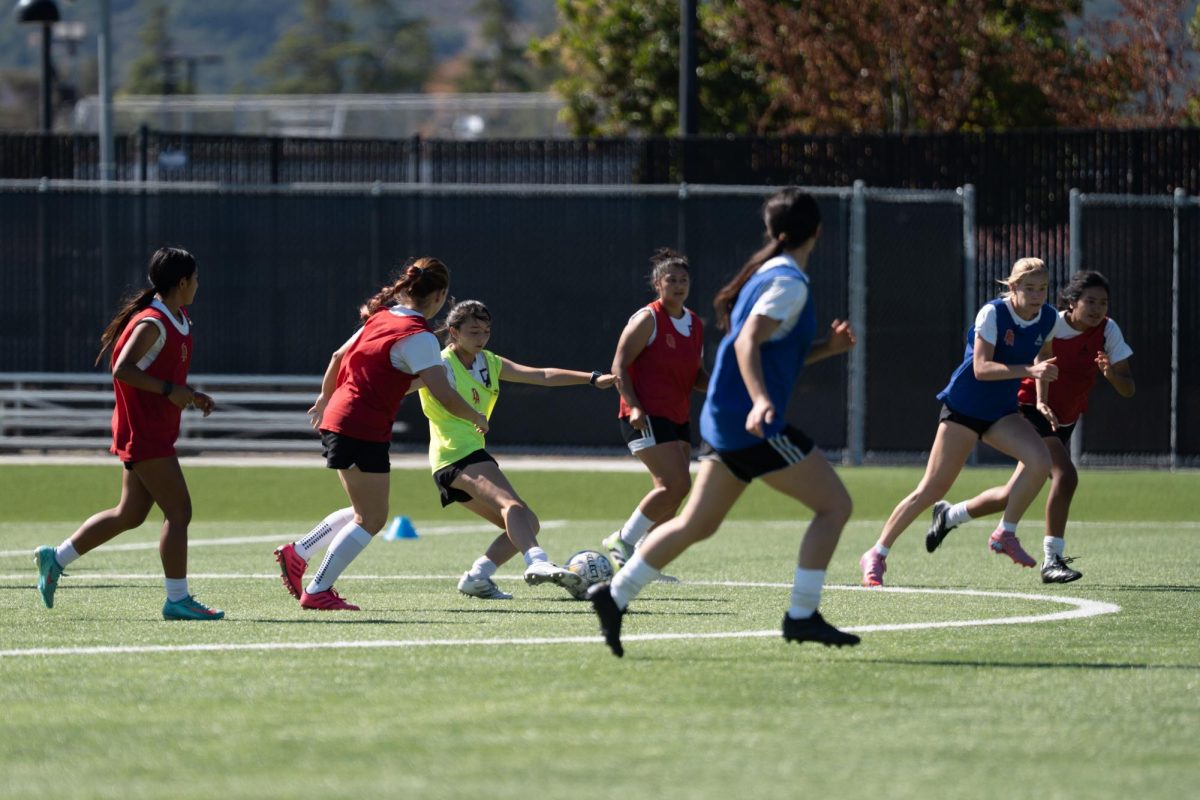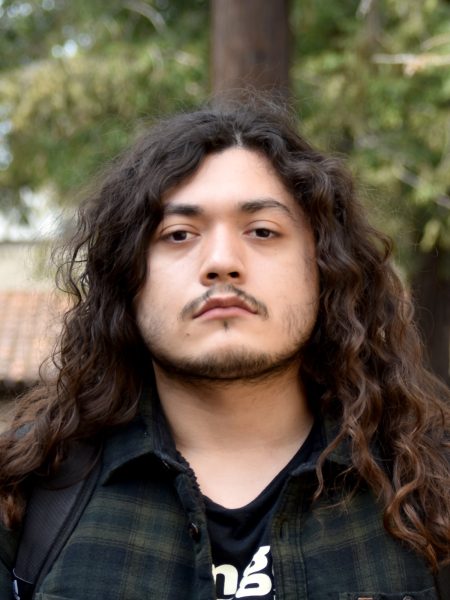The first Student Rights and Equity meeting of the quarter was held at the DASG Lounge from 11:30 a.m. to 12:30 p.m. on Oct. 2. The main focus for the committee was to explain what exactly SRE is: how they affect other committees and pitching the idea of student liaisons to make stronger forms of contact with each committee.
The meeting started off with an icebreaker introduction where students could get to know each other and share their goals for the meeting. In addition to the Chair of SRE Katia Bravo, Equity and Diversity Officer Joshua Madrid, Student Rights Officer Ryan Chu, President Luca Paliska, Student Activities Coordinator Dennis Shannakian and Advisor Maritza Arreola, a total of 15 new students attended the meeting, with most of them being first-year students.
Julia Yamazato, 19, computer science major, is a first-year student from Brazil who attended the meeting to learn about the help the program provides.
“I found this cool because it does things for students,” Yamazato said. “I want to see how it works, if I can do something to help make it better.”
Second-year student Kevin Truong, 24, management information systems major, attended the meeting because he was inspired by the inclusive environment and student leadership on campus.
“I like the leaders that show me who they are and what they do,” Truong said. “Everyone is so welcoming and uplifting, they’re all fighting for a change especially in the space of De Anza”.
The SRE’s main goal for the meeting is to pitch the idea of advocacy liaisons. The liaisons position being a way for committees to have an extra voice for outreach so the SRE can better understand which clubs need more resources to provide better equity. Advocacy liaisons would act as a DASG senator, attending committee meetings as a member to provide to groups classified as disadvantaged, such as Black, Filipinx, Foster Youth, Latinx and LGBTQ+ people.
The committee’s main goal for the quarter is to reach a level of equity between all committees with a focus in reserving a certain amount of slots to members in the community who are disproportionately impacted. The original proposal was five seats for students that matched the requirements for these slots but this has been altered.
The new proposal would pitch the plan of opening six advocacy liaison positions that work alongside the programs, and looking into how elections can be made more accessible to students through advocacy and equity.
The steps to achieve the goal is to make bylaw changes and pitch the idea of the extra liaison positions at a senate meeting in the future. The current groups represented are Umoja, Public Policy School and Higher Education for AB 540 Students, and the new groups that have been deemed as having priority will be Native Americans, Foster Youth and Pacific Islanders.
Chair of SRE Katia Bravo, 19, data science major, gave the blueprint: having each seat filled can set an equitable perspective for each committee.
“Having six people, one per committee, will allow for that kind of diverse lens and bring that equitable perspective to each committee … making sure that we better represent the student body,” Katia said.
The addition of these groups would hopefully increase the number of students joining DASG and promote inclusivity for the student body.
The next coming SRE meeting will be held on Oct. 16 and will continue to develop the role and implementation of advocacy liaisons on campus.



